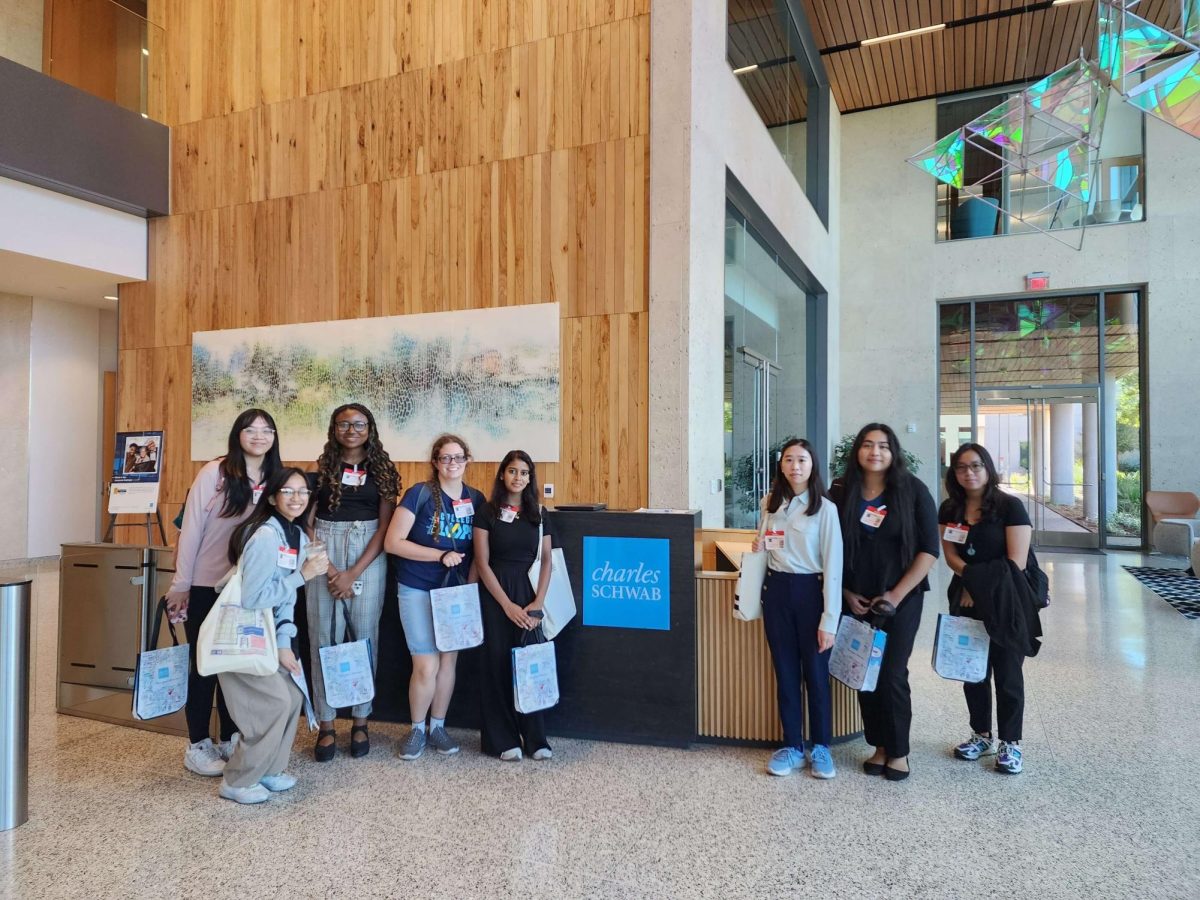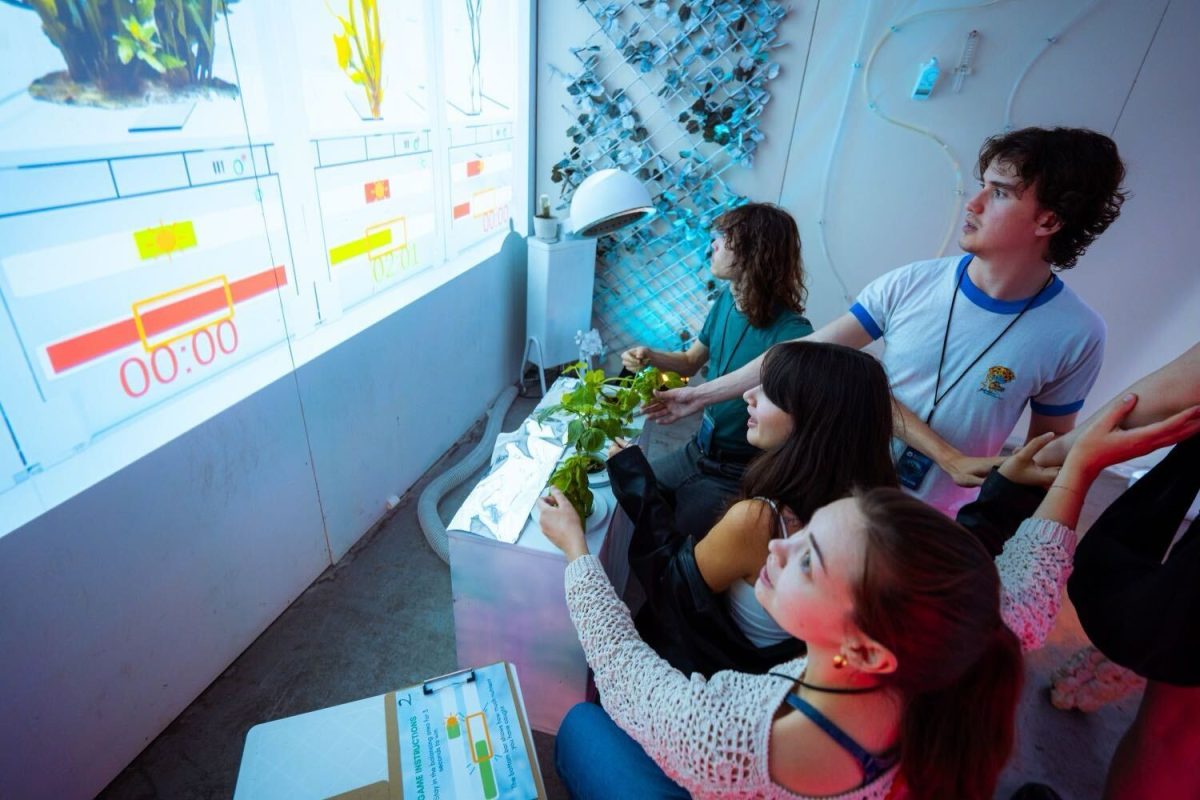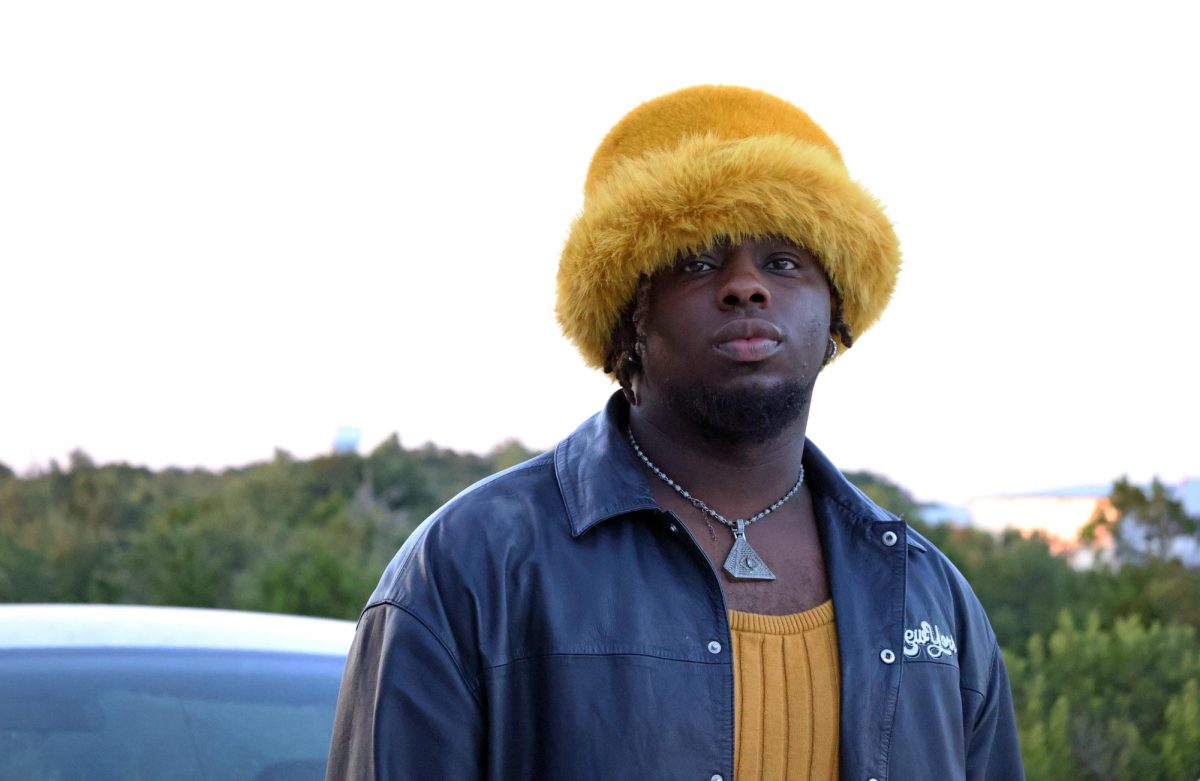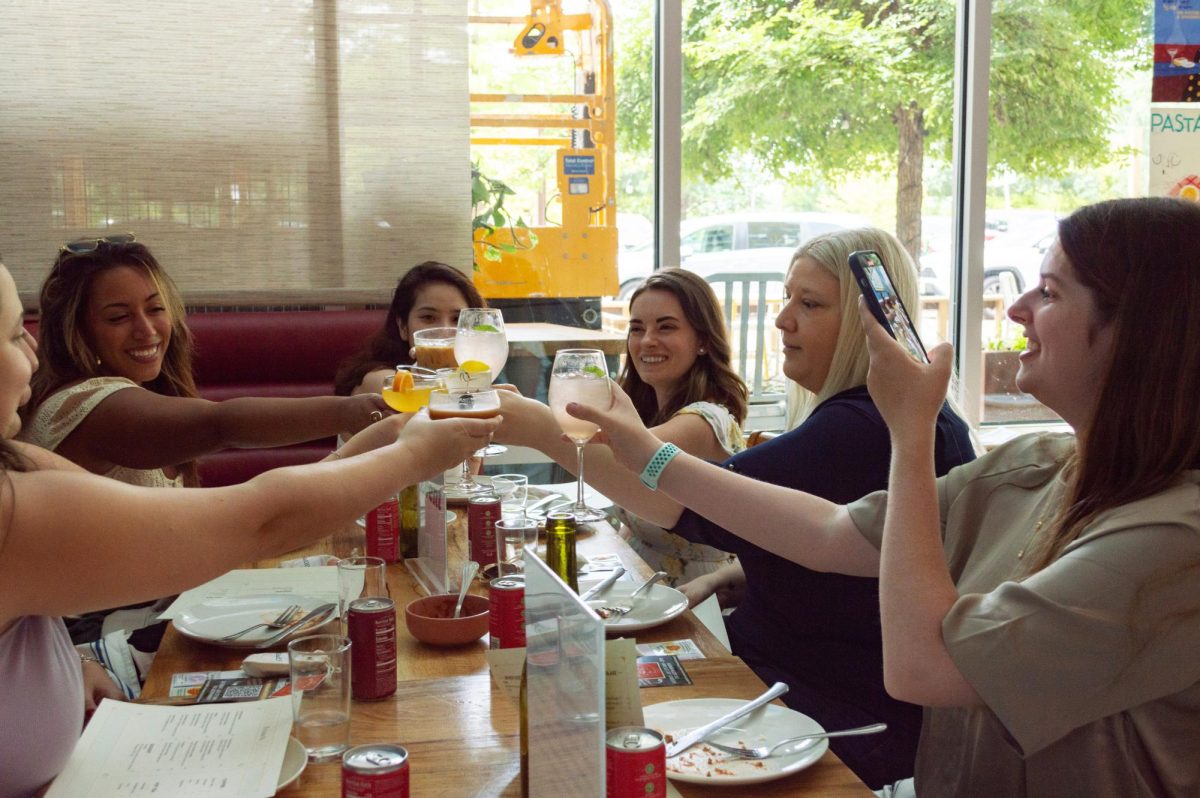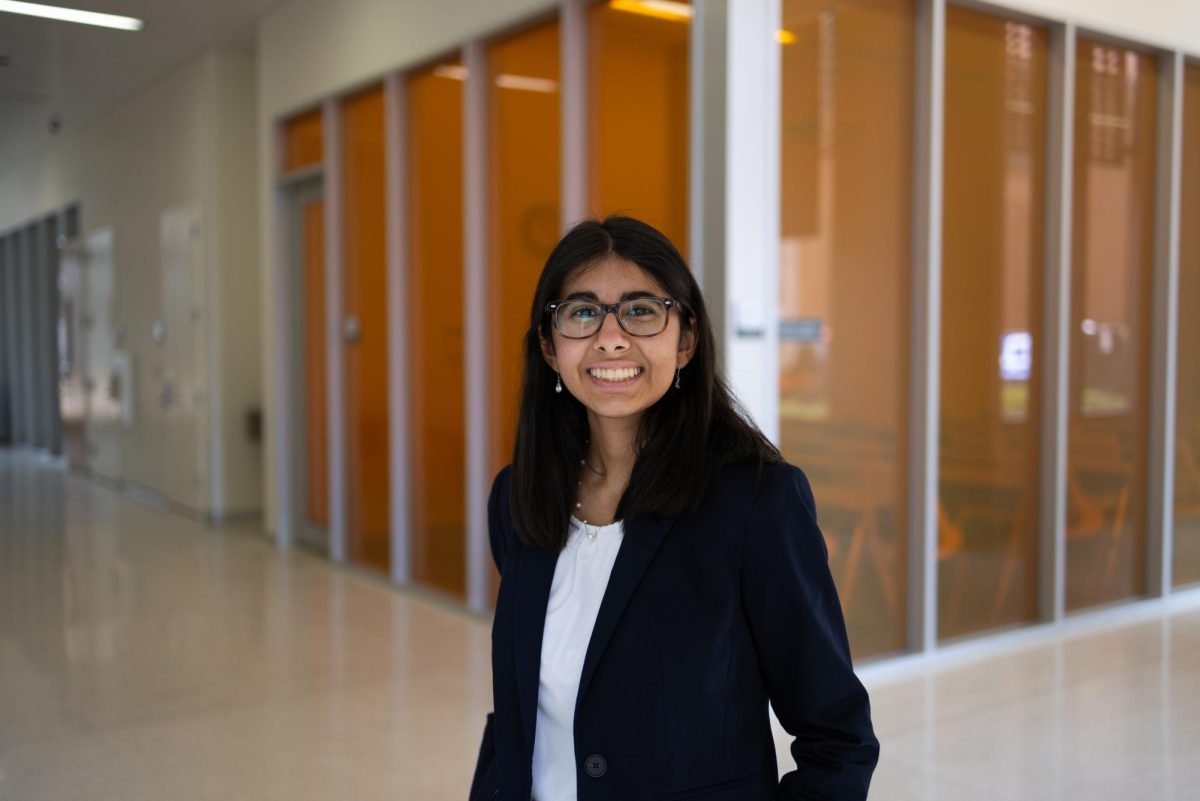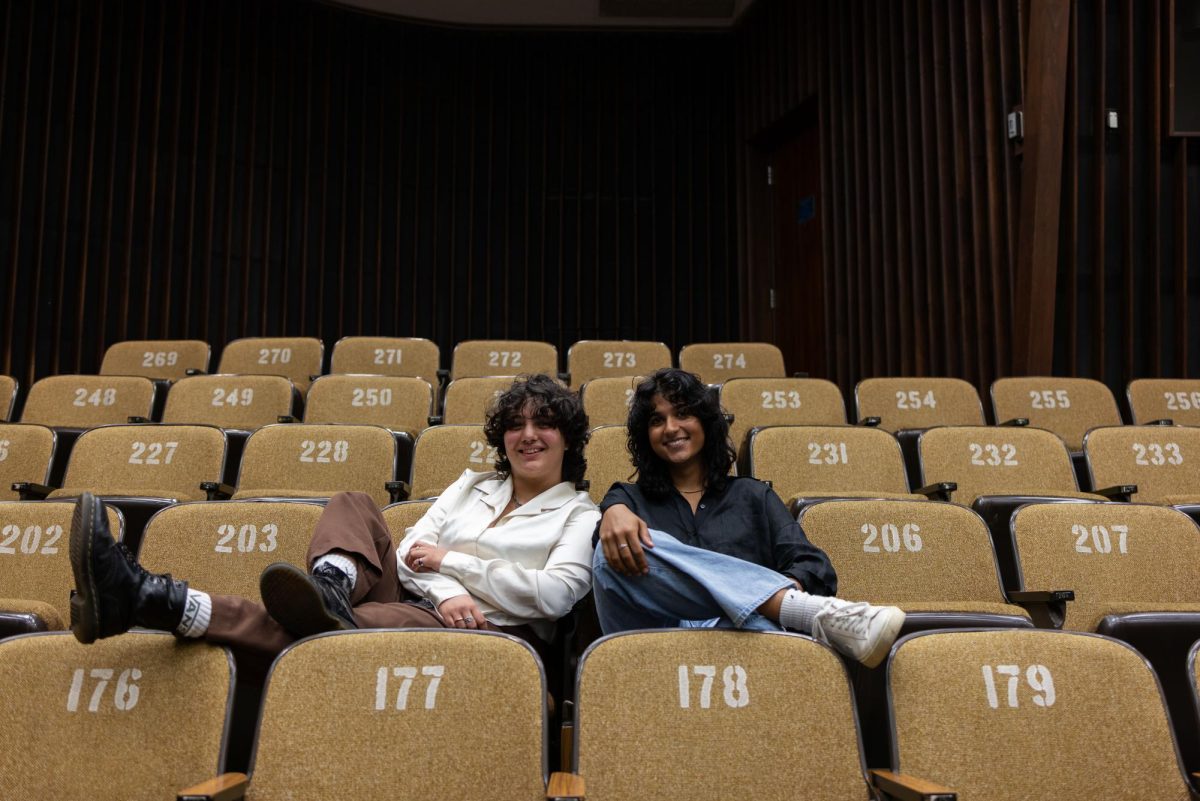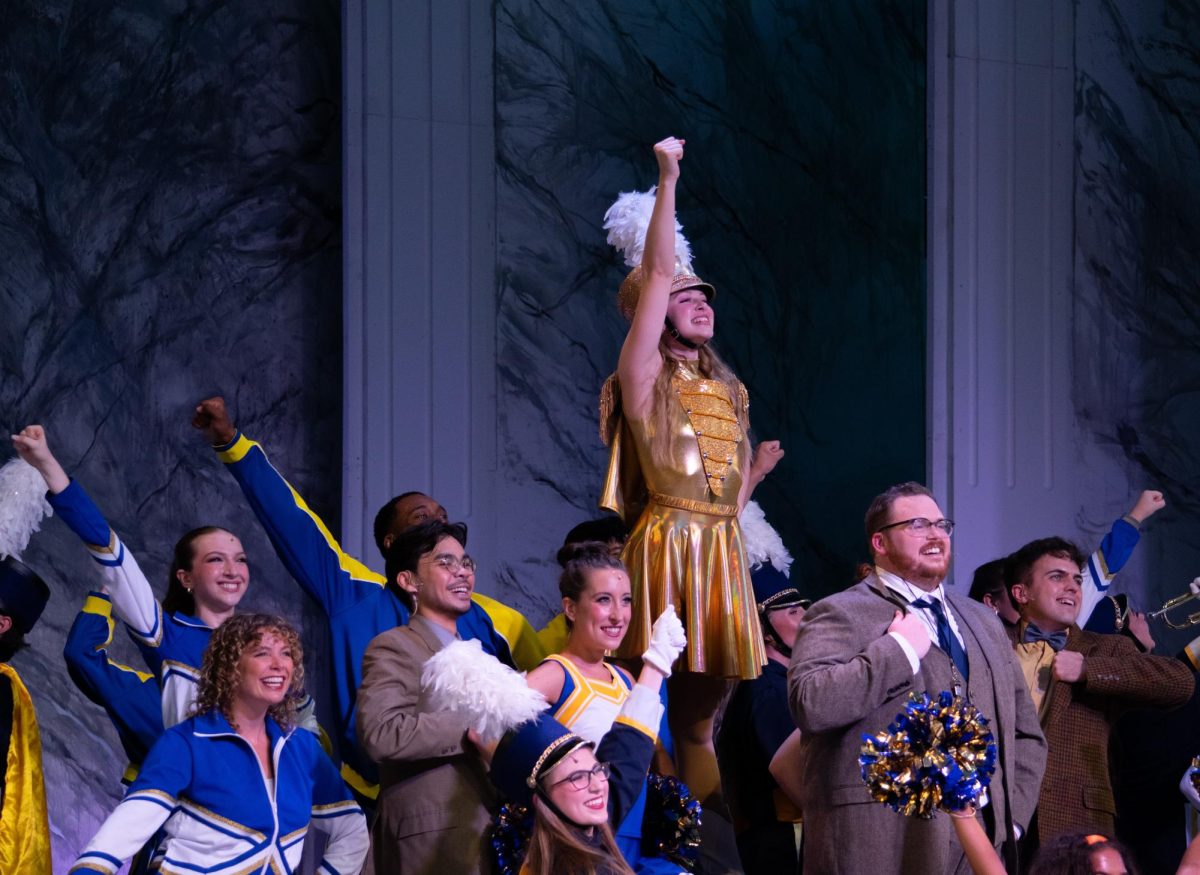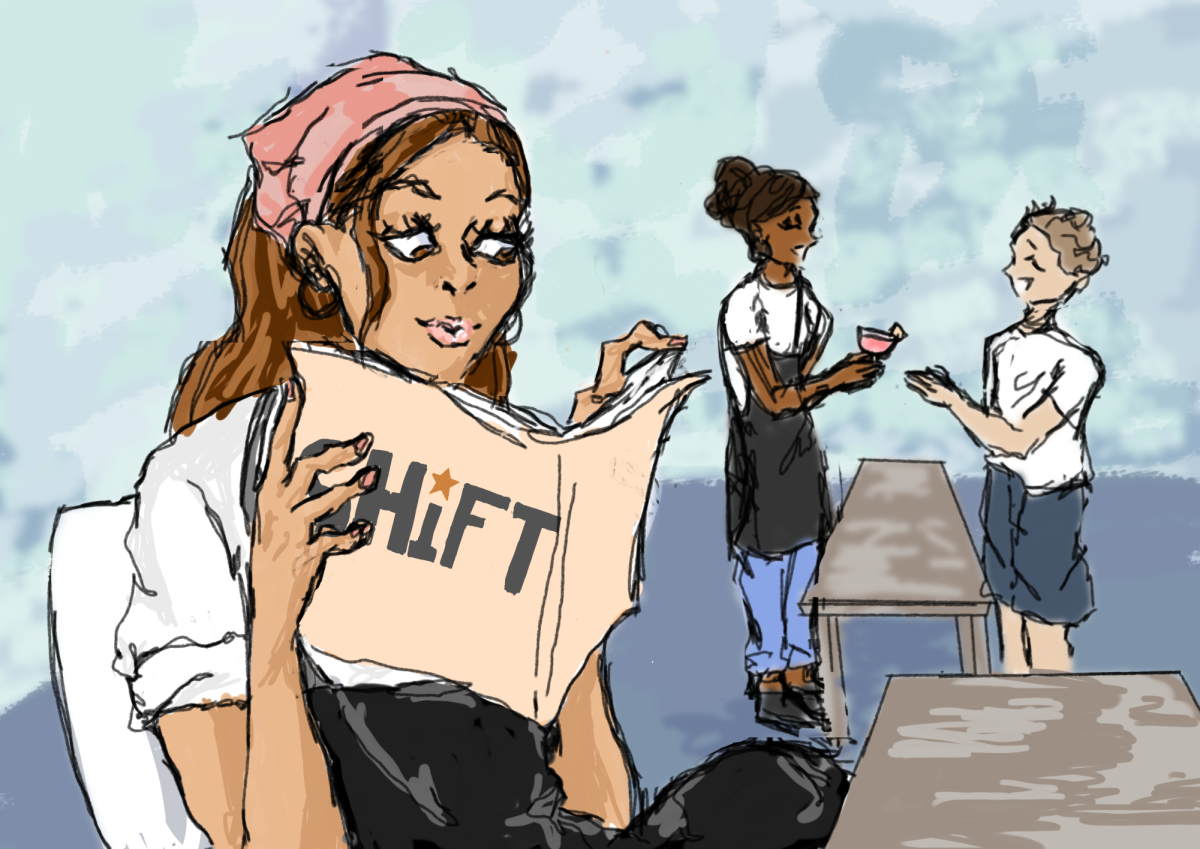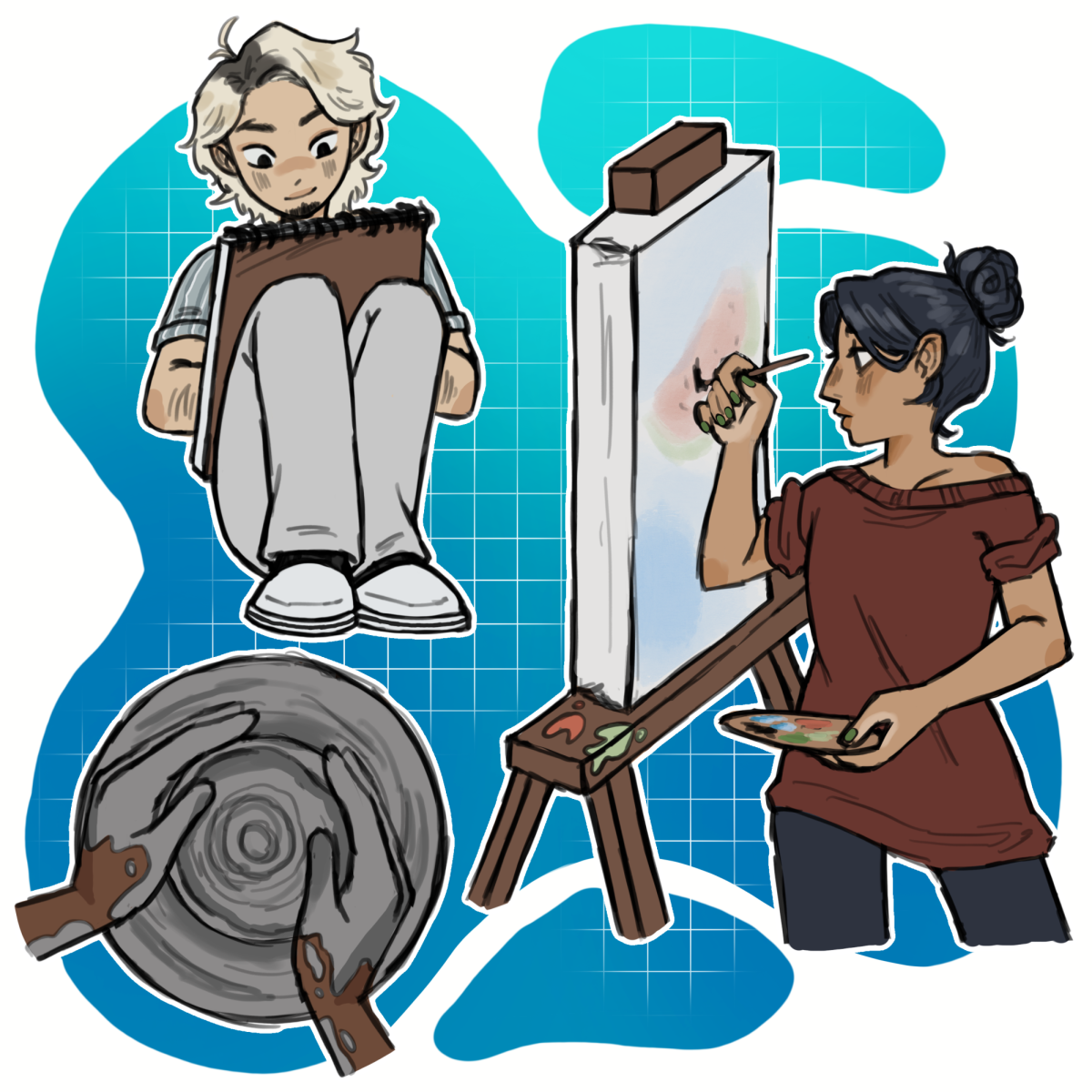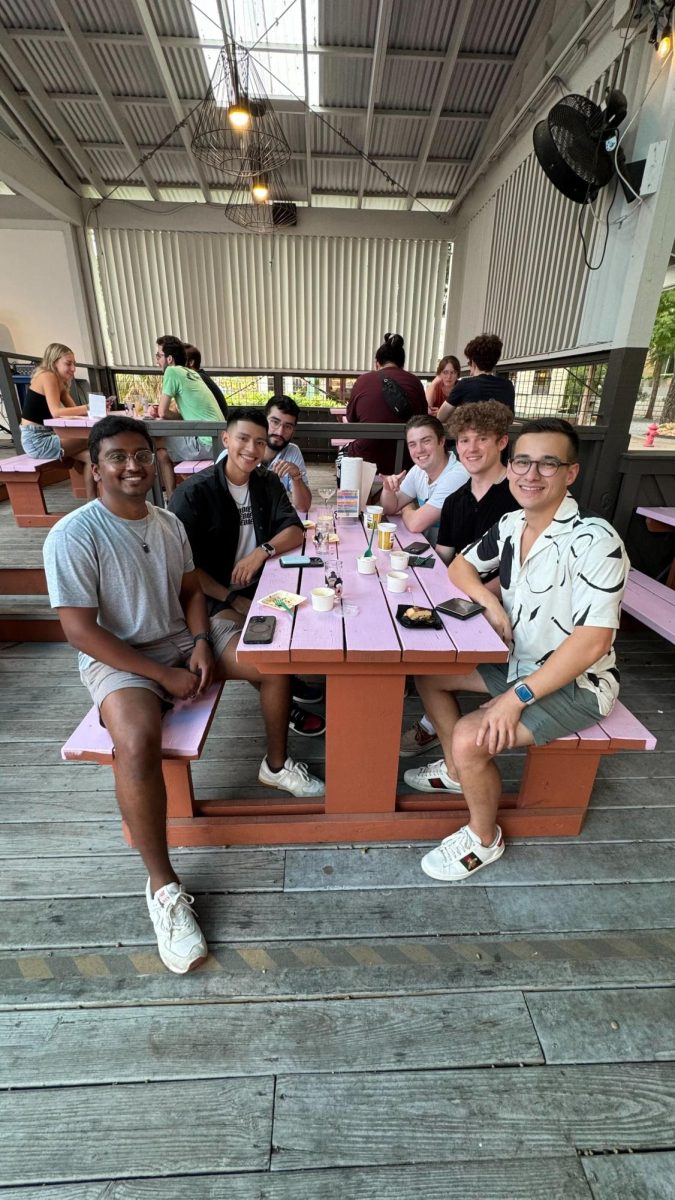Fourteen years ago, following years of work as a legal professional and public advocate, activist Reshma Saujani became the first Indian-American woman to run for Congress. Throughout her campaign to represent New York’s 14th congressional district, Saujani visited local schools, noting the lack of female youth in computer science classrooms. Two years later, she founded Girls Who Code, an international nonprofit organization seeking to close the gender gap in entry-level tech jobs, starting with young people.
Beginning with just one classroom and a handful of students, the growth of Girls Who Code over the past decade can be observed through various programs at different levels of education, from coding programs for elementary students to College Loops, a network of student-led organizations on college campuses, including the 400-member UT chapter.
“(The mission) is introducing tech to girls and women, promoting tech and encouraging women to go into the tech industry,” said UT’s Girls Who Code College Loops vice president, Arisyia Wong. “Right now, (the tech industry) is still male-dominated. Having that inclusive community for women to help each other out — it’s the goal.”
Wong, a computer science junior, said as an undeclared freshman she took a computer science class, which propelled her to find where she fit in the coding space. After attending a technical workshop co-hosted by Girls Who Code, Wong decided she wanted to be part of it.
“I didn’t have much (experience),” Wong said. “So being a person who spreads the word about CS and introduces it to people who are not technically skilled yet is something beneficial.”
Emily Heist Moss serves as the international organization’s senior director of College and Career programs, and said Girls Who Code strives to reach their goal of closing the widening gender employment gap in tech by 2030.
“We realized that in order to meet the goals that we were setting for ourselves — helping students get into their first tech roles — we needed to continue to provide support in college and post grad,” she said.
Heist Moss said College Loops aims to lead with the student perspective, providing additional resources and building programs in response to students’ needs.
“Maybe you can’t change the ratio of students in your class, but you have a broader network of support that is going to help you stick with it,” Heist Moss said. “It’s really about community and sisterhood and validation, in addition to more concrete skills and programs.”
Minji Kim, informatics sophomore and communications officer for UT’s College Loops program, said she hopes to see the organization continue to grow and reach more students, providing opportunities to collaborate with companies and explore career opportunities.
“We’re inviting to everybody and we want to help people find their individual goals, help them figure out their career goals,” Kim said. “(We want people) to find their path and be able to feel confident in that.”



